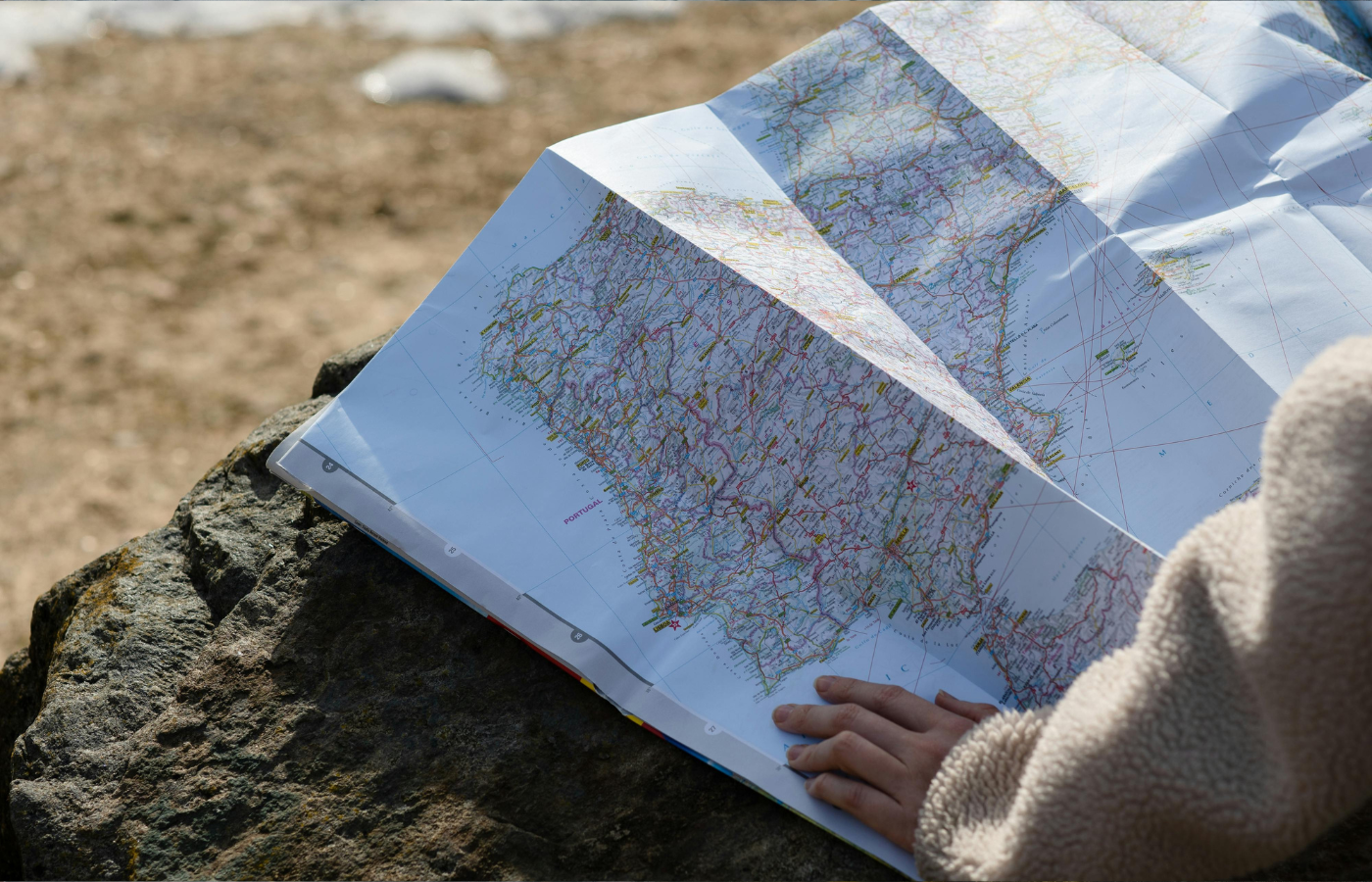When the grid goes down, comfort turns to chaos—unless you’re ready. The lights won’t come on, your fridge becomes a box of spoiled food, and the internet goes dark. In moments like these, it’s not just what you have. It’s what you know how to do.
Here are 15 essential skills that will turn a powerless home into a survival stronghold. Learn them now, and thank yourself later.
1. Starting a Fire Without Matches or a Lighter
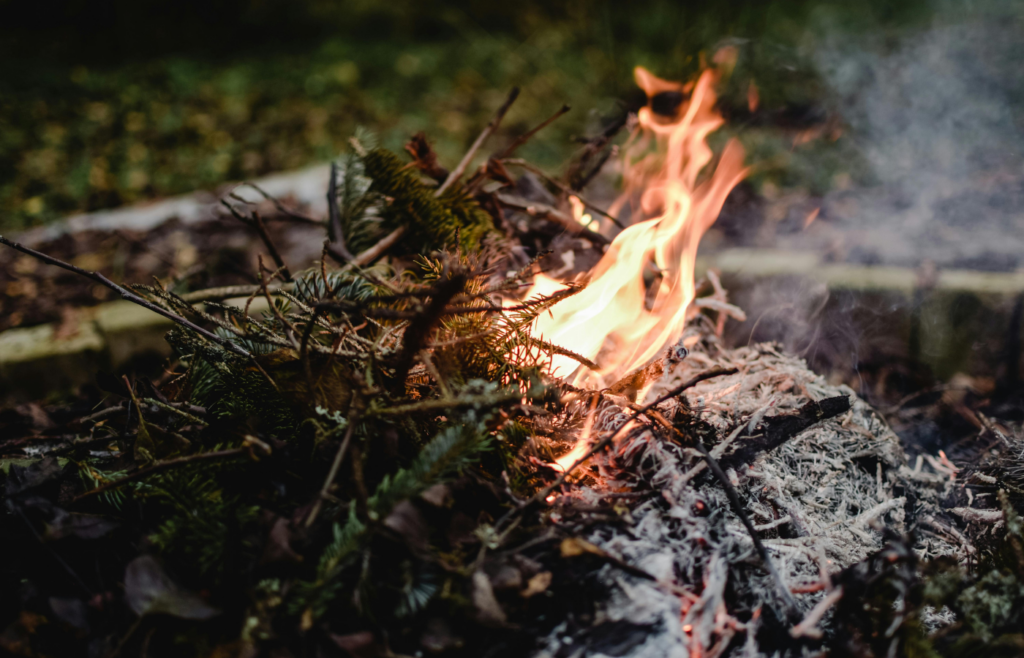
Fire gives you heat, light, cooked food, and even clean water. Master the skill of fire-starting with a ferro rod, flint and steel, or friction-based methods like a bow drill.
Practice outside in different conditions—wet wood and wind will test your patience. Start small, think dry, and build from there.
2. Cooking Without Electricity or Gas
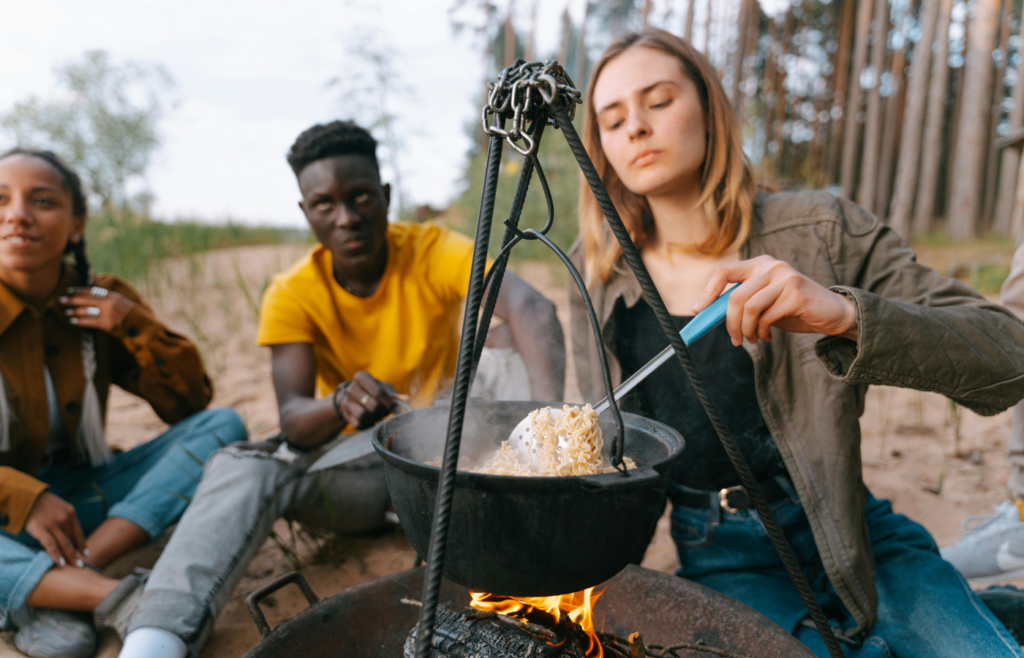
When the stove’s out of commission, you’ll need an alternate method. Learn how to cook over an open fire, with a rocket stove, or on a camp stove.
Even a solar oven or Dutch oven in coals can bake bread or stew beans. Know how to use what you’ve got.
3. Purifying Water From Natural Sources
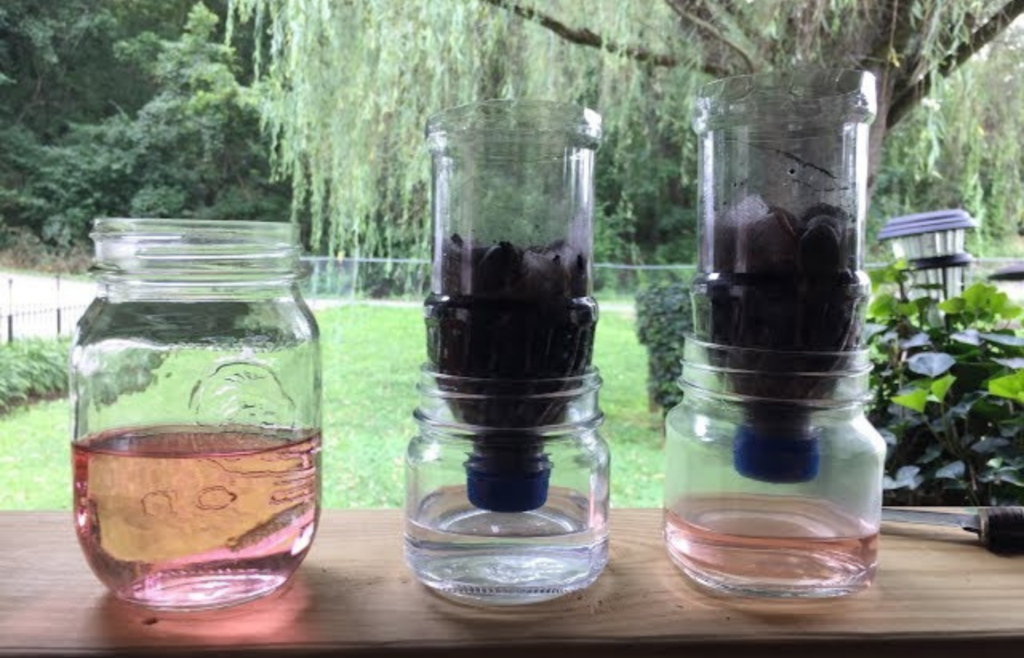
No power can mean no clean water. Learn how to use filters, boil water, and disinfect it with bleach or iodine.
Know how to identify the safest water sources—flowing water is better than still. Clarity doesn’t mean safety. Filter and purify.
4. First Aid and Basic Medical Care
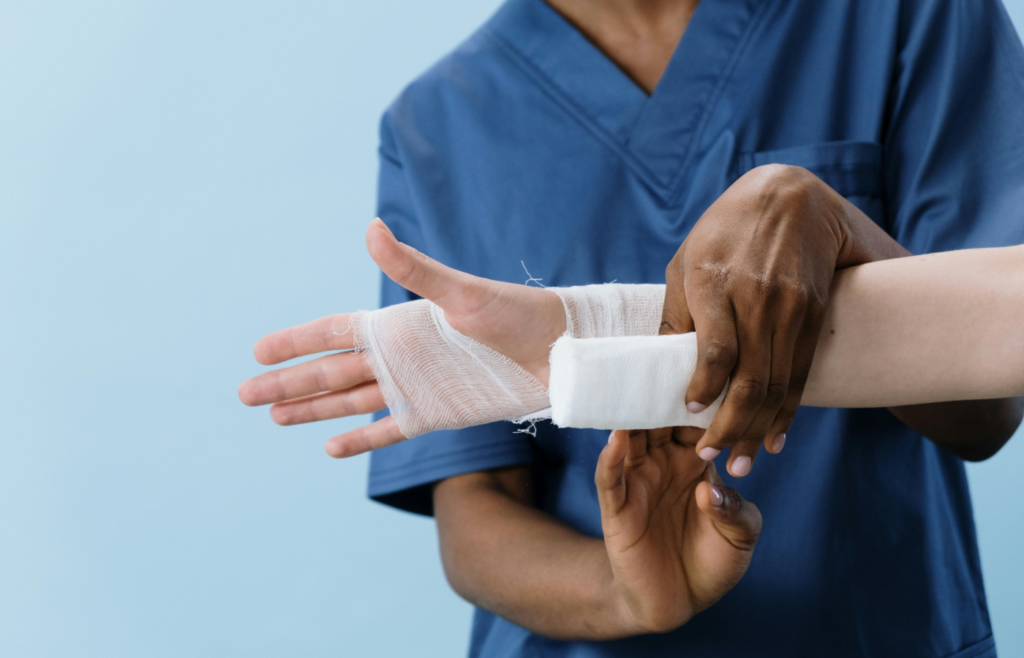
In a blackout, calling 911 might not be an option. Learn how to treat cuts, burns, sprains, and fevers. Know how to recognize dehydration and infection.
Take a first aid course and build a real kit—not just a box of bandages. Your knowledge may save a life, including your own.
5. Preserving Food Without Refrigeration
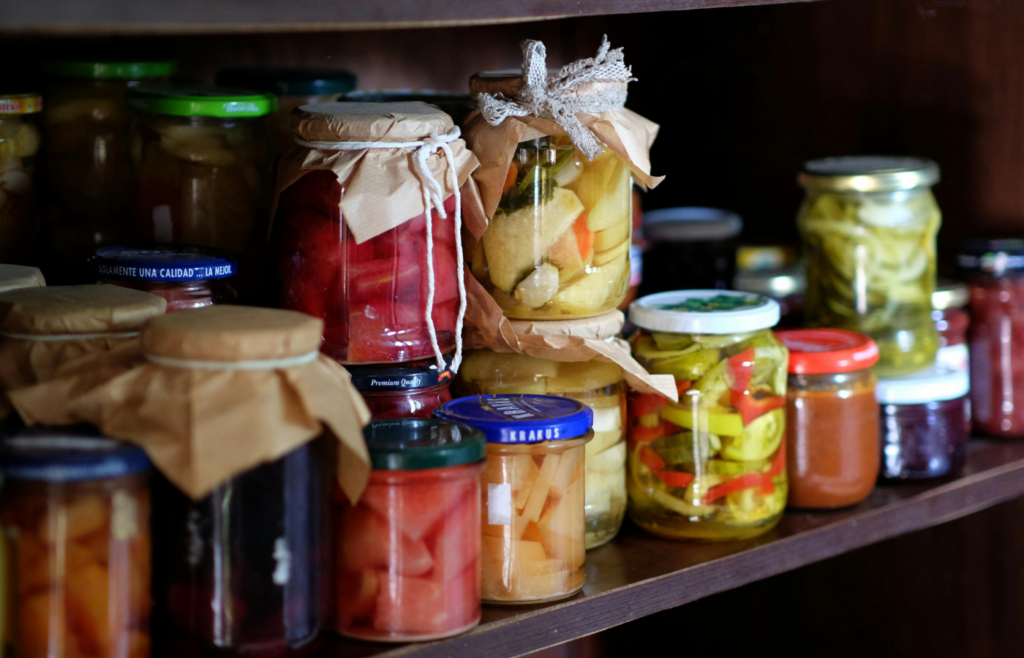
Meat, dairy, and leftovers don’t last long in a dead fridge. Learn how to cure, can, dehydrate, ferment, or pickle food.
Even salting or drying meat can extend its shelf life by days or weeks. Preserve now, waste less later.
6. Reading a Map and Using a Compass
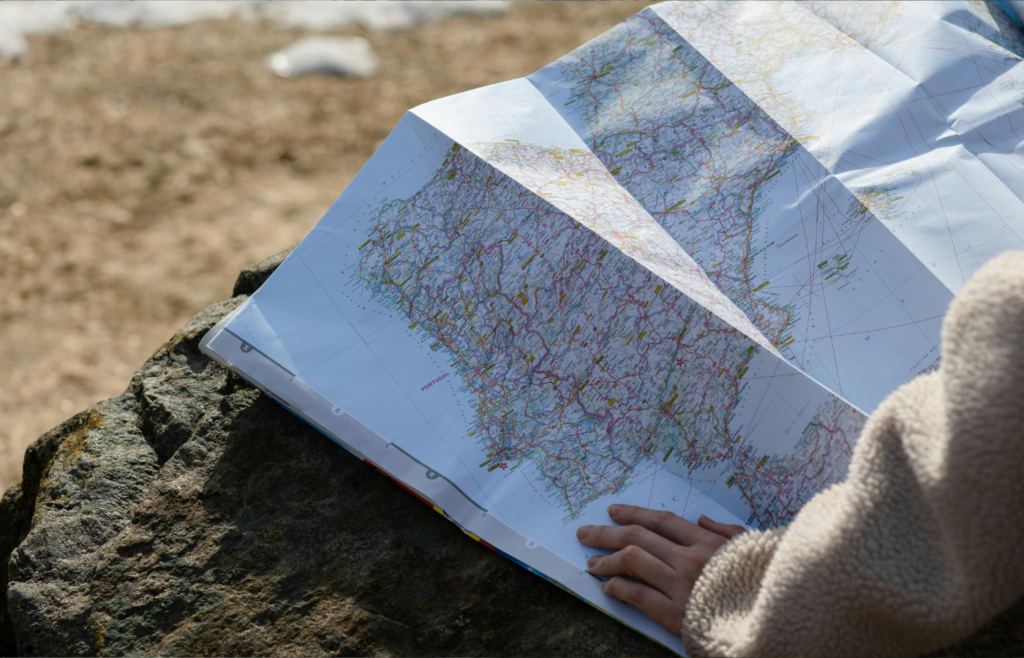
GPS won’t work when your phone dies. Know how to read a paper map, track your position, and use a compass to find your way.
Navigation is survival, especially if you need to leave home or find help. Practice in your local area now.
7. Tying Strong, Reliable Knots
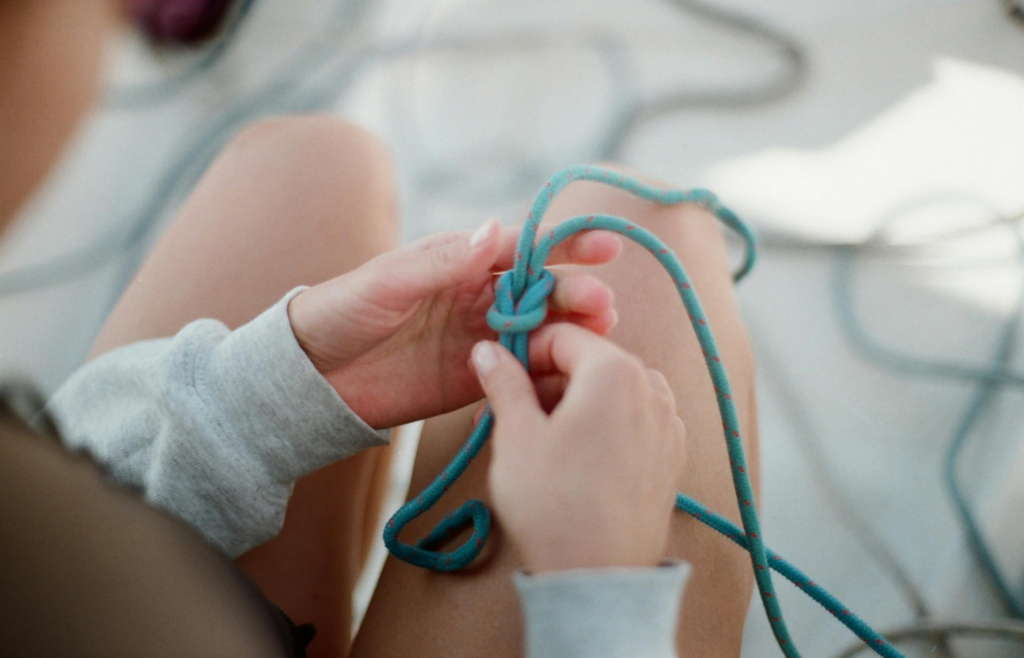
Rope can build shelter, secure gear, hang food, or rescue someone in danger—but only if you can tie a knot that holds.
Learn a few key knots: bowline, taut-line hitch, square knot, and clove hitch. Rope is only as strong as your knots.
8. Building Simple Shelter
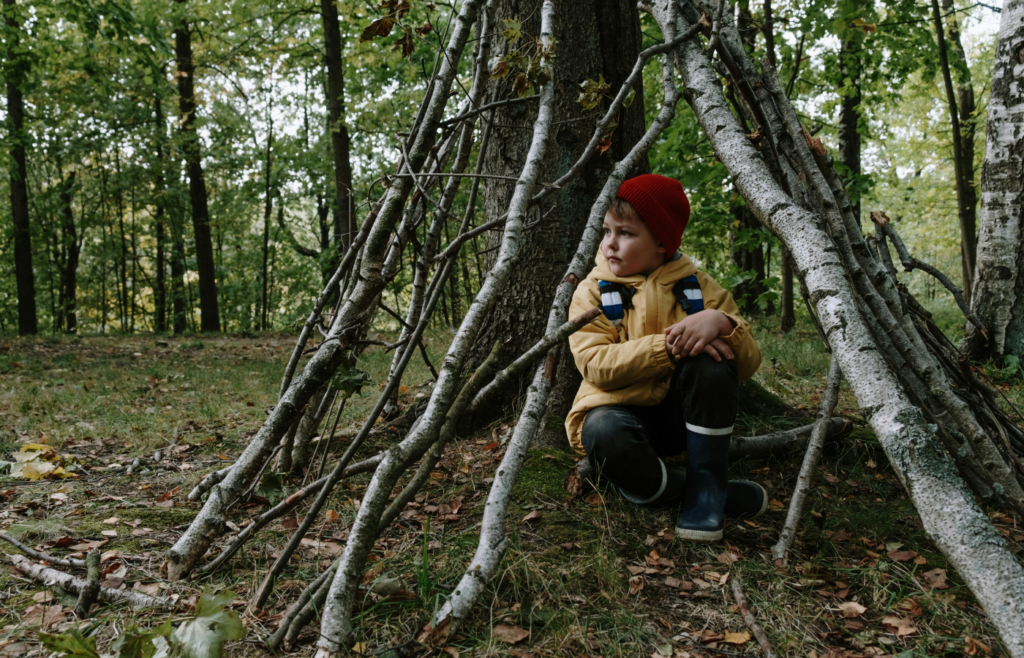
If your home is damaged or unsafe, you may need to build shelter outside. Learn how to use tarps, cordage, and natural materials to make a weatherproof hideout.
Focus on insulation, water runoff, and wind protection. Practice in your backyard before you need it for real.
9. Making a Candle or Oil Lamp

When batteries die, light becomes precious. Learn how to make candles from wax scraps or oil lamps with cooking oil and a wick.
It’s simple, silent, and comforting. And unlike flashlights, you don’t need to recharge.
10. Washing Clothes by Hand
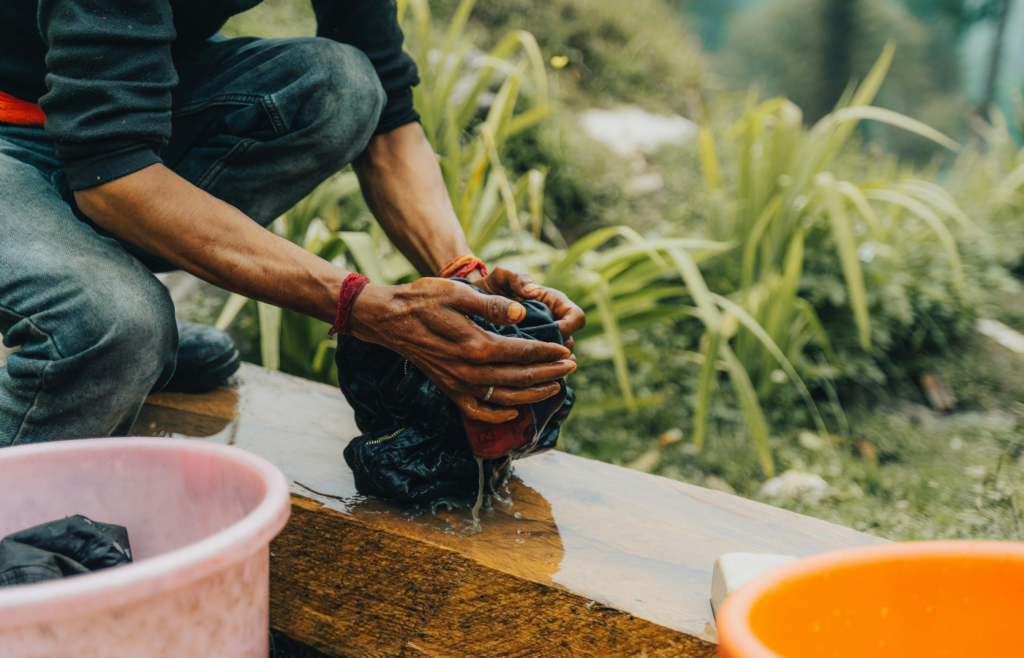
Clean clothes are more than a luxury—they’re protection from illness and infection. Learn how to wash, rinse, and wring out clothes without a washer.
Use a washboard, plunger, or your own hands. Sun-drying keeps it simple and sustainable.
11. Gardening for Food
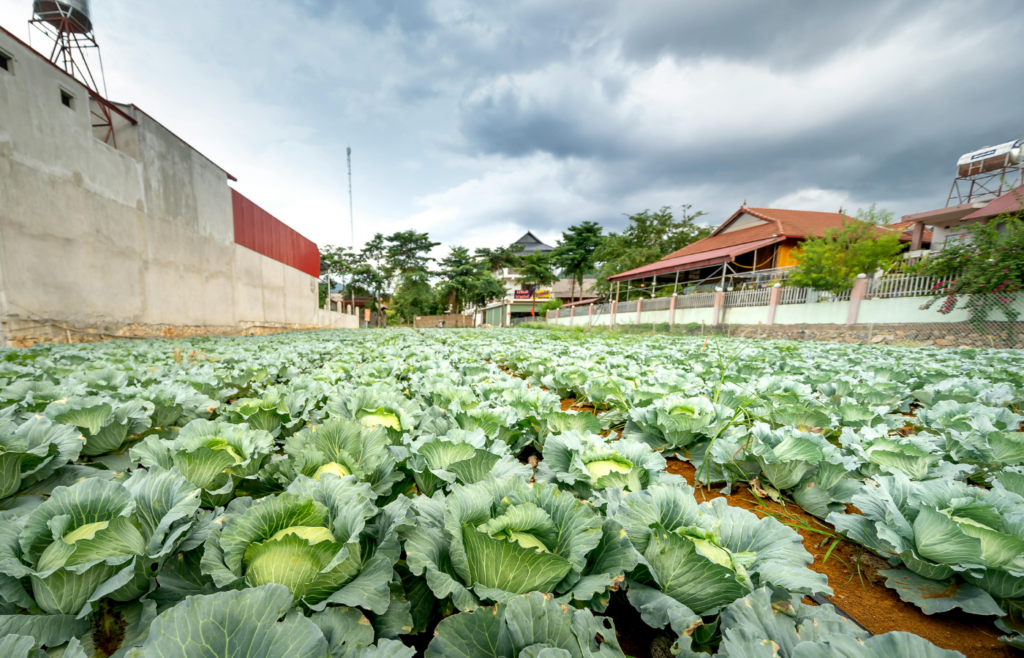
Even a small garden can produce calories, nutrition, and morale. Learn how to grow fast crops like lettuce, radishes, beans, and herbs.
If space is limited, try container gardening or vertical setups. Start now. Growing takes practice—and patience.
12. Identifying Edible Wild Plants (and Poisonous Ones)
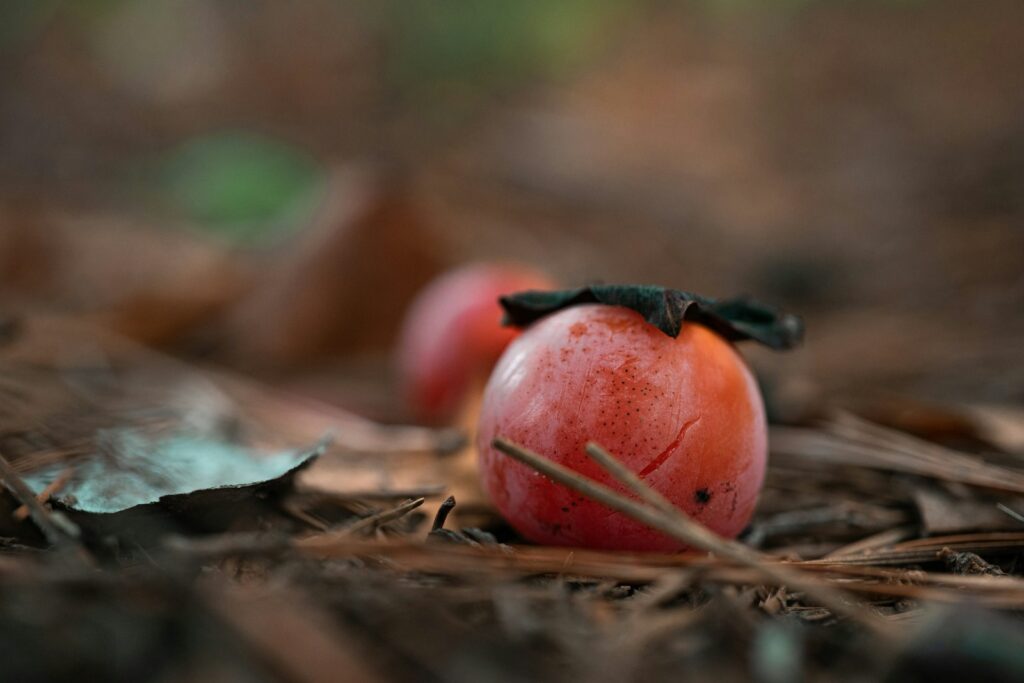
Foraging is a survival skill—but only if you know what’s safe. Learn how to identify local edible plants, berries, and greens. Just as important: learn what not to touch.
Start with easy-to-identify options like dandelions, plantain, or wild onions. Never eat something unless you’re 100% sure.
13. Sewing and Patching Gear
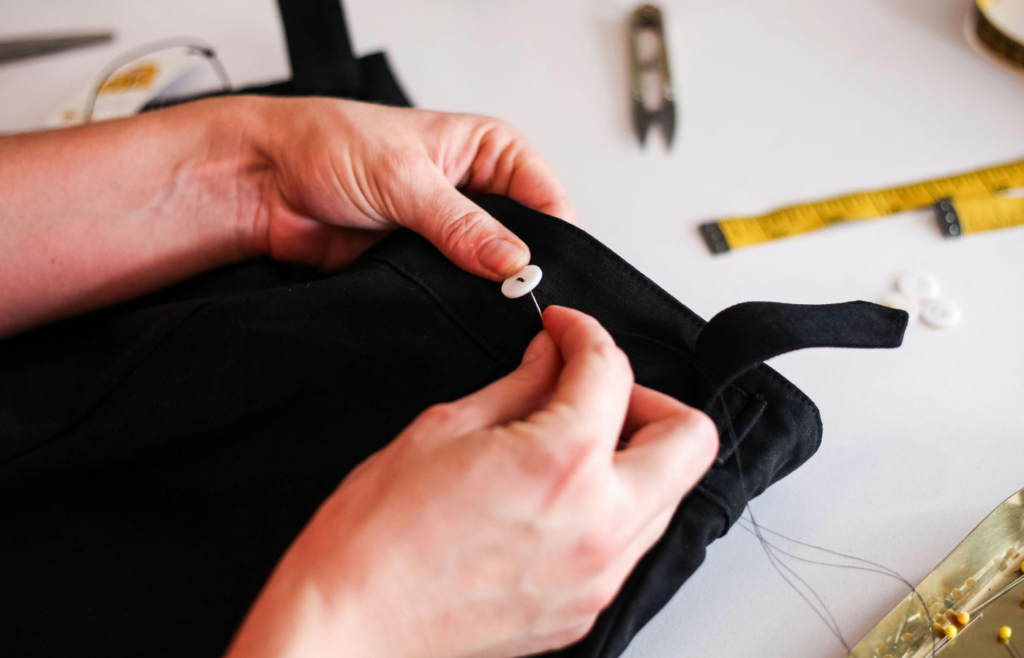
A ripped coat, torn tarp, or broken pack strap can ruin your day. Learn how to stitch, patch, and reinforce clothing and gear with basic sewing skills.
It’s simple but powerful. A needle, thread, and a little know-how go a long way.
Read More: 10 Coldest Places on Earth That Are Actually Inhabited
14. Making Your Own Hygiene Supplies
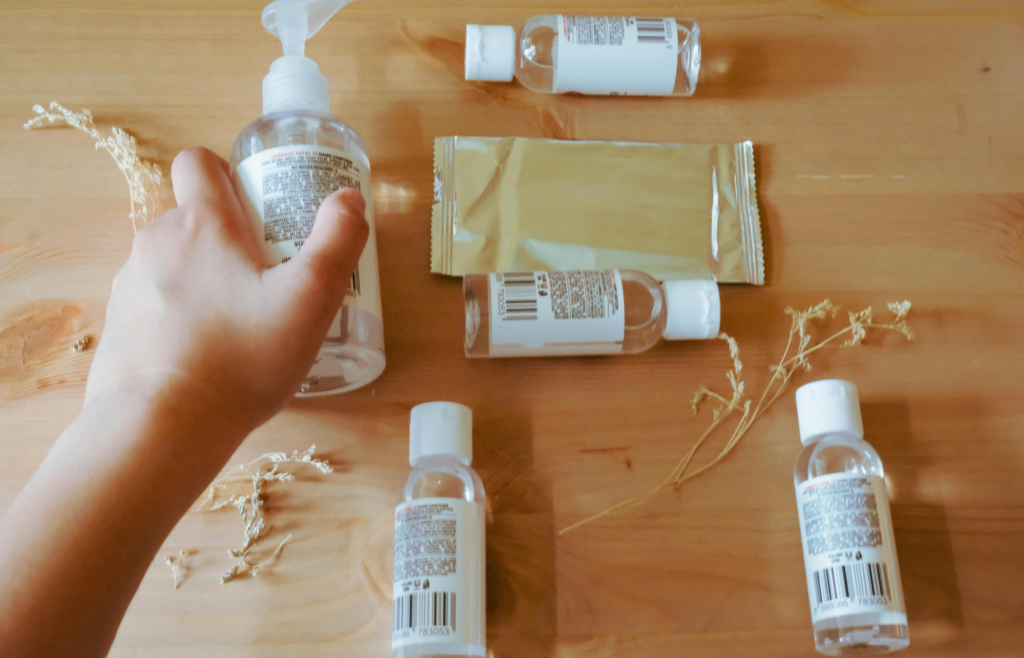
When the shelves are bare, personal hygiene becomes a challenge. Learn how to make basic soap, sanitizer, and reusable hygiene items like cloth wipes or pads.
Clean hands and bodies help prevent disease—and they lift spirits, too.
Read More: Top 15 Ways to Purify Water When Clean Water Runs Out
15. Staying Calm and Making Smart Decisions Under Stress
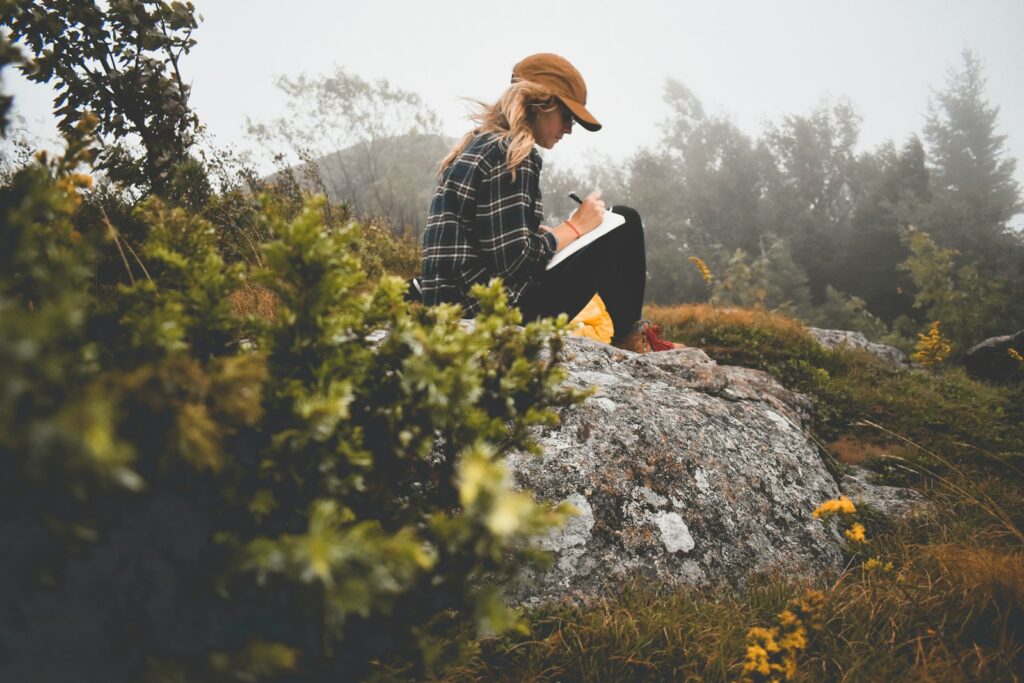
The most important skill is mental. When the lights go out, panic spreads fast. Being the calm, clear thinker in the room makes you the leader.
Practice mindfulness, deep breathing, and clear communication. In survival, confidence and calm are just as vital as food and fire.
The world gets harder when the power goes out—but you get stronger when you’re prepared. These 15 skills aren’t just for preppers. They’re for anyone who wants to stay capable, calm, and ready when everything else goes dark.
Read More: Top 15 Ways to Prep Your House for Long-Term Isolation

